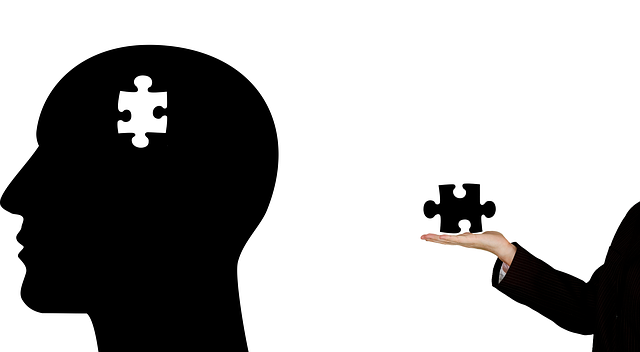Digital marital therapy, or online marriage counseling, has become a popular alternative to traditional sessions due to its flexibility and convenience. Using platforms like Zoom or specialized software, couples connect with licensed therapists from home via video conferencing, messaging, and secure file sharing. While facing challenges such as technical difficulties and privacy concerns, therapists employ strategies to foster connection despite the lack of face-to-face interaction. Effective marriage counseling online involves structured setup, clear communication rules, rapport building, active listening, and collaborative tools. This modern approach offers discreetness, accessibility, and potential effectiveness compared to traditional in-person sessions.
“Discovering digital marital therapy: revolutionizing the way couples connect. In today’s digital era, online marriage counseling has emerged as a game-changer, offering accessible and convenient support for relationships in need. This article explores the benefits and challenges of digital therapy, providing insights into its effective delivery and the tools shaping this dynamic field. From understanding the process to setting up successful sessions, we delve into the future of marriage counseling, where screens become bridges to stronger, healthier unions.”
- Understanding Digital Marital Therapy: Benefits and Challenges
- Setting Up and Conducting Effective Online Marriage Counseling Sessions
- Tools and Platforms for Delivering Digital Marital Therapy Services
Understanding Digital Marital Therapy: Benefits and Challenges

Digital marital therapy, or online marriage counseling, has emerged as a popular and convenient alternative to traditional in-person sessions. This modern approach leverages technology to connect couples with licensed therapists from the comfort of their homes. By integrating video conferencing, messaging platforms, and secure file sharing, digital therapy offers flexibility and accessibility unprecedented in conventional settings.
While digital marital therapy presents numerous advantages, such as eliminating travel time, accommodating schedules, and providing a safe space for open communication, it also faces certain challenges. Issues like technical difficulties, potential privacy concerns, and the need for reliable internet access can impact the quality of care. Moreover, the lack of face-to-face interaction may hinder the development of the therapeutic alliance, making it crucial for therapists to employ engaging strategies and foster a sense of connection through digital means.
Setting Up and Conducting Effective Online Marriage Counseling Sessions

Setting up and conducting effective online marriage counseling sessions requires a structured approach. Therapists should ensure a secure, user-friendly platform is chosen to facilitate video conferencing, allowing for private and confidential conversations. The virtual environment should mimic in-person interactions as closely as possible, with clear audio and visual quality. Establishing ground rules at the beginning of each session, including expected behavior and privacy measures, is crucial. Therapists should create a welcoming atmosphere by starting sessions with icebreakers or personal check-ins to foster rapport.
Effective online counseling involves active listening, similar to traditional therapy. Therapists must pay close attention to non-verbal cues visible on screen, adapt their communication style, and ask probing questions tailored to the unique challenges of virtual interactions. Using collaborative tools like shared documents or whiteboards can enhance engagement and co-creation of solutions. Regularly checking in with clients between sessions through secure messaging platforms also contributes to continuous support and progress.
Tools and Platforms for Delivering Digital Marital Therapy Services

The digital revolution has transformed the way we access services, and marriage counseling is no exception. Online platforms offer a convenient and accessible option for couples seeking marriage counseling online. Video conferencing tools like Zoom, Skype, or specialized marriage therapy software enable face-to-face interactions in real time, breaking down geographical barriers. These platforms provide a secure virtual space for sensitive discussions, ensuring confidentiality and privacy.
Marriage counseling apps and websites often incorporate additional features to enhance the therapeutic experience. This may include integrated chat functions, online resource libraries with articles and exercises, or even gamified elements to make sessions more engaging. Some platforms also offer automated reminders, helping couples stay on track with their therapy goals. With the right tools, marriage counseling online can be just as effective—if not more so—than traditional in-person sessions, providing a flexible and discreet way for partners to improve their relationships.
Digital marital therapy offers a convenient and accessible approach to marriage counseling, allowing couples to seek help from the comfort of their homes. As online platforms continue to evolve, this form of therapy becomes increasingly effective, providing tools and platforms that facilitate open communication and support. However, it also presents challenges related to privacy, technical issues, and maintaining a therapeutic environment virtually. By understanding these aspects and utilizing the right resources, such as secure video conferencing tools and specialized digital therapy platforms, online marriage counseling can be a game-changer for couples seeking relationship enhancement and resolution of marital conflicts.






